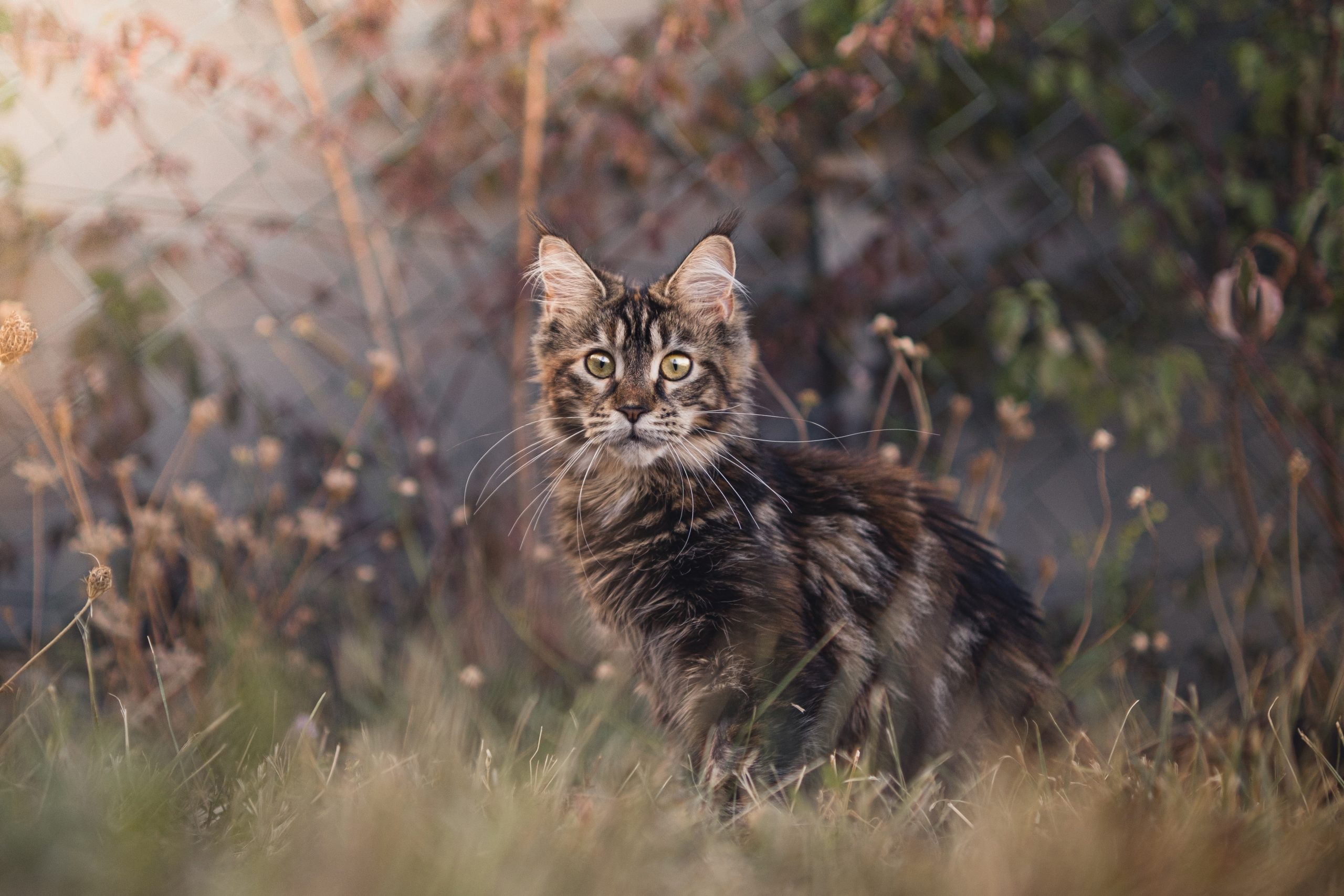Recognizing the signs of a seizure is crucial for seeking prompt veterinary attention.
Common symptoms of seizures in cats include:
- Uncontrolled muscle movements or convulsions: During a seizure, a cat may experience involuntary muscle contractions and jerking movements throughout the body. These convulsions can range from mild twitching to severe, violent spasms. The cat may also exhibit paddling or bicycling motions with its legs.
- Loss of consciousness or altered mental state: A seizure often causes a temporary loss of consciousness or an altered state of awareness. The cat may appear unresponsive, and its eyes may roll back or become fixed in one position. It may also vocalize or cry out during the seizure episode.
- Drooling or foaming at the mouth: Excessive drooling or foaming at the mouth is a common symptom of seizures in cats. This is caused by increased salivation and the inability to swallow during the seizure.
- Involuntary urination or defecation: During a seizure, a cat may lose control of its bladder and bowel functions, resulting in involuntary urination or defecation due to the loss of muscle control.
- Dilated pupils or eye movements: Seizures can cause changes in the cat’s pupil size, leading to dilated or fixed pupils. Additionally, the eyes may roll back or exhibit rapid, uncontrolled movements during the seizure episode.
- Disorientation or confusion after the seizure: After a seizure, a cat may appear disoriented, confused, or exhibit abnormal behavior for a brief period. This post-ictal phase can last from minutes to hours, during which the cat may wander aimlessly, appear uncoordinated, or exhibit temporary blindness or deafness.
Seizures can vary in severity and duration, ranging from mild episodes to more severe, prolonged seizures known as status epilepticus, which can be life-threatening if not treated promptly.
Diagnosing Seizures and Epilepsy
If your cat experiences a seizure, it’s essential to seek veterinary care immediately. Your veterinarian will perform a thorough physical examination and may recommend additional diagnostic tests to determine the underlying cause, such as:
- Blood and urine tests to rule out metabolic disorders
- Imaging techniques (CT scan or MRI) to assess the brain for abnormalities
- Electroencephalogram (EEG) to measure brain wave activity
- Genetic testing for idiopathic epilepsy
Managing Seizures and Epilepsy: In addition to medical treatment, there are several steps pet owners can take to manage seizures and epilepsy in their feline companions:
- Monitoring and Record-keeping: Keeping a log of seizure frequency, duration, and potential triggers can help your veterinarian adjust treatment as needed.
- Environmental Modifications: Creating a safe, stress-free environment for your cat can help reduce seizure triggers and minimize the risk of injury during a seizure episode.
- Emergency Preparedness: Familiarize yourself with first aid techniques for seizures and have an emergency plan in place in case of prolonged or severe seizures.
- Regular Veterinary Check-ups: Routine visits with your veterinarian are essential for monitoring your cat’s condition, adjusting medications as needed, and addressing any potential side effects or complications.
Seizures and epilepsy can be challenging conditions to manage, but with proper veterinary care, medication, and lifestyle modifications, many cats can lead happy and fulfilling lives. Early detection and prompt treatment are crucial for improving the prognosis and minimizing the impact of seizures on your feline companion’s quality of life.
If you suspect your cat is experiencing seizures or notice any concerning neurological symptoms, do not hesitate to seek veterinary attention. With the right care and support, you can help your furry friend manage this condition and enjoy a comfortable and enriched life.




 Unlimited access and follow ups for continuous pet care
Unlimited access and follow ups for continuous pet care 








